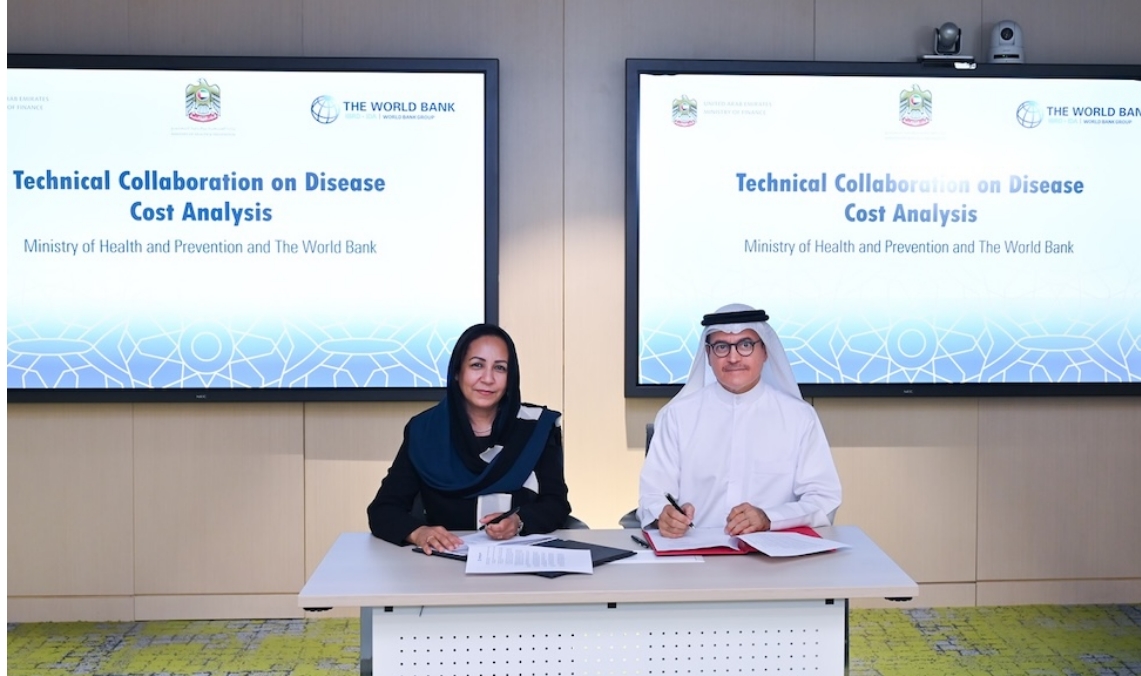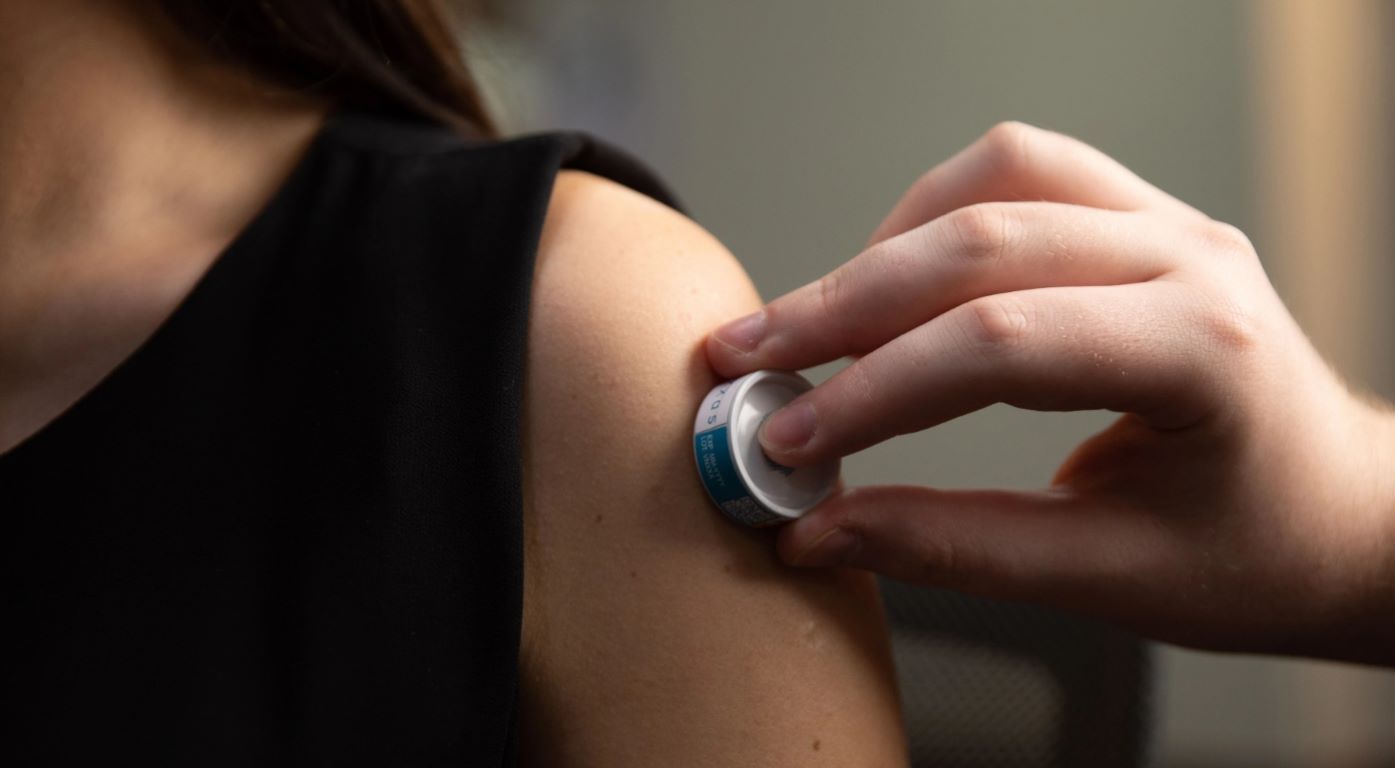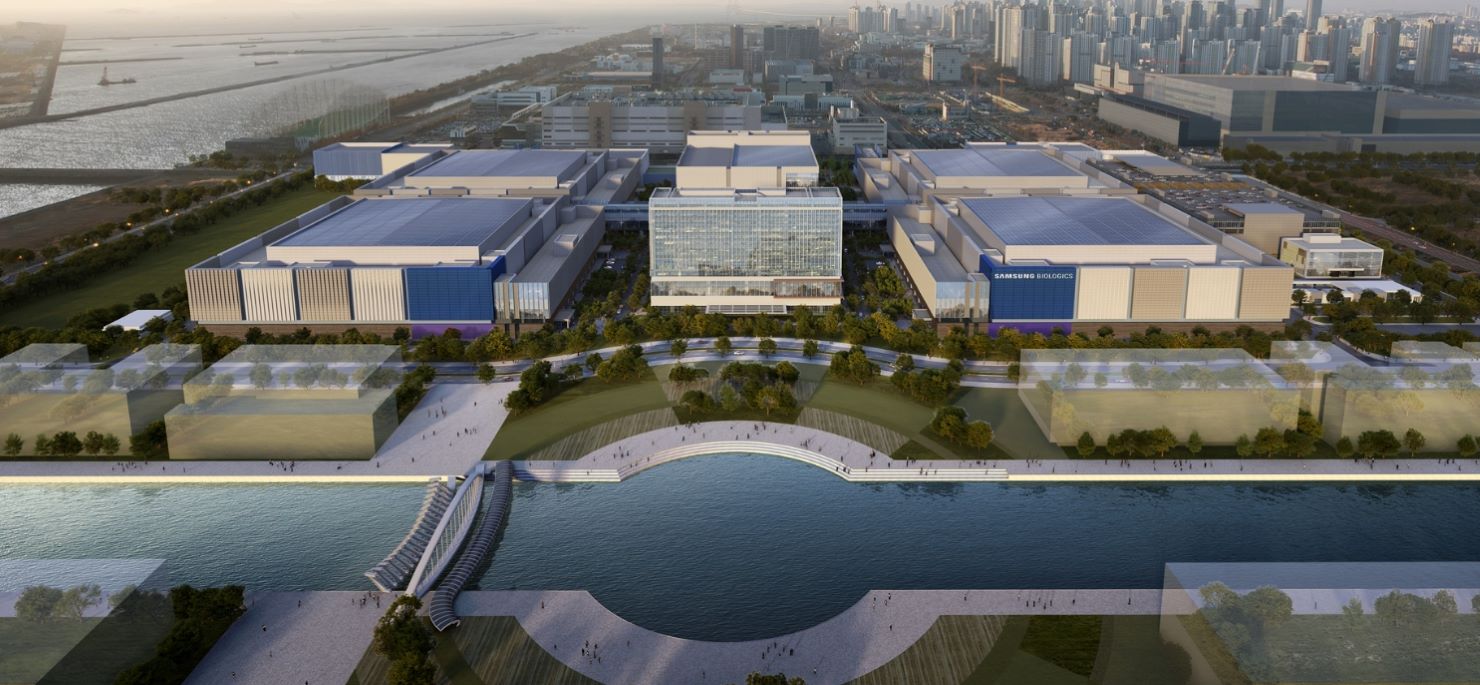Another Japanese university finds data manipulation for Novartis drug
31 July 2013 | News | By BioSpectrum Bureau
Singapore: The Jikei University School of Medicine has become the second Japanese university to find that clinical data had been manipulated for a Novartis Pharma drug that lowers blood pressure.
In a statement distributed at a press conference, Dr Seibu Mochizuki, the Jikei cardiologist who led the study and corresponding author of the paper on the drug that was published in the Lancet medical journal in 2007, wrote "I take full responsibility." He also said that he has requested the paper's retraction.
The development came after the Kyoto Prefectural University of Medicine announced in mid-July it had found manipulation of clinical research data on Diovan, marketed as valsartan by Novartis.
Novartis Pharma, a Japanese unit of Swiss drug company Novartis AG, claimed that a third-party investigation found no evidence a former employee had manipulated or altered the data. The former employee had participated in a group to analyze blood pressure data in the clinical research.
Also read: Novartis finds no evidence of wrongdoing in clinical trials
However, the Jikei investigating committee found that a substantial amount of blood pressure data used for analysis did not match patient records, indicating deliberate manipulation. The report states that this manipulation was not done by anyone associated with Jikei, but occurred during data analysis. At a news conference, Mr Kazuhiro Hashimoto, chairman of a Jikei investigation committee, indicated that the former employee might have manipulated the data, while noting that this former worker denied such wrongdoing in an interview. An interim report by the committee said a large part of the blood pressure data on which the Mochizuki paper was based differed from data on medical record.
It also said the Mochizuki paper wrongly described the data analysis group as independent from Novartis Pharma even though the former employee took part in the group. The data manipulation and incorrect description indicate that the Mochizuki paper is basically defective and lacks credibility, it said.
Valsartan was originally approved in Japan for the treatment of high blood pressure in 2000. In a postmarketing clinical trial, the Jikei Heart Study followed more than 3000 patients for three years with participants taking valsartan or an alternative hypertension drug. In their Lancet paper, the researchers claimed that patients taking valsartan not only saw improvements in their blood pressure, but also had reduced risk of stroke, heart failure, and other cardiovascular complications.











